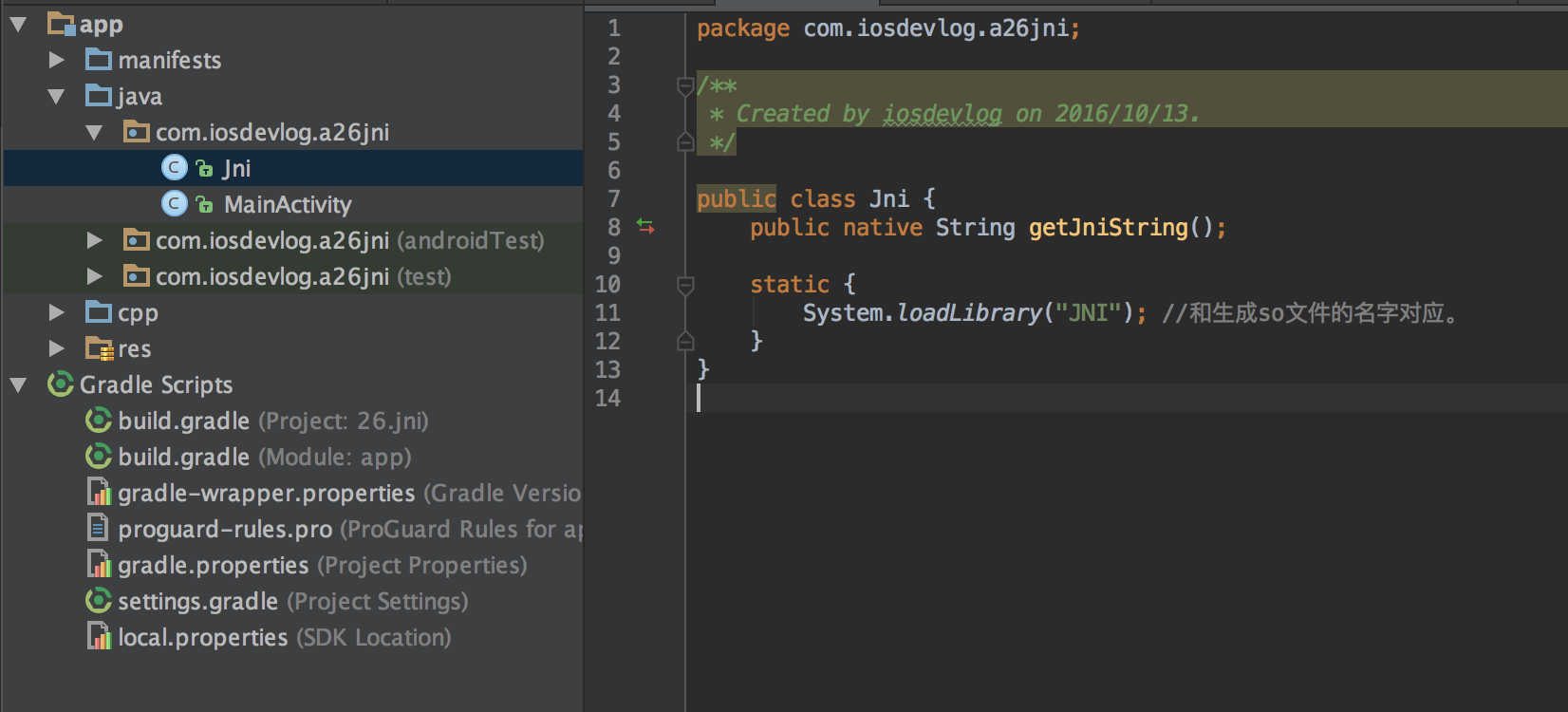

Therefore, if one uses the NDK tools naively, such as $ $NDKTOOL/gcc -o mytool mytool.c Therefore, we cannot rely on trivial system dependancies: the dependancies on user-mode GNU/Linux subsystems must be explicitly stated. Furthermore, the build here is a cross-compilation: the target system for the executable program is distinct from the one where the program is built.

Since making command-line programs is not a goal pursued through the publication of the NDK, the default link script does not bring in the C runtime initialization, so that shared libraries the program depend on are not loaded implicitly.
ANDROID STUDIO DEBUG NDK CODE ANDROID
These libraries provide hooks to be loaded into Android applications, thereby offering services implemented as native code. The Android NDK offers a complete C/C++ toolchain, which the SDK and Android Studio uses to build shared libraries. So let’s treat it with the respect it deserves and write C for it.

Also, you know, an Android phone is a Linux computer (if you look at it from far away). My main use case for making C programs is to study the system and facilitate development and testing using some scripting tools.
ANDROID STUDIO DEBUG NDK CODE HOW TO
This article presents how to set up building such programs for Android, and debugging them remotely using the NDK’s GDB build. In addition to its main use of extending Java programs with native code, the Android NDK enables the development of self-contained programs in C/C++… given a bit of elbow grease. Building and Debugging Command-Line Programs on Android


 0 kommentar(er)
0 kommentar(er)
